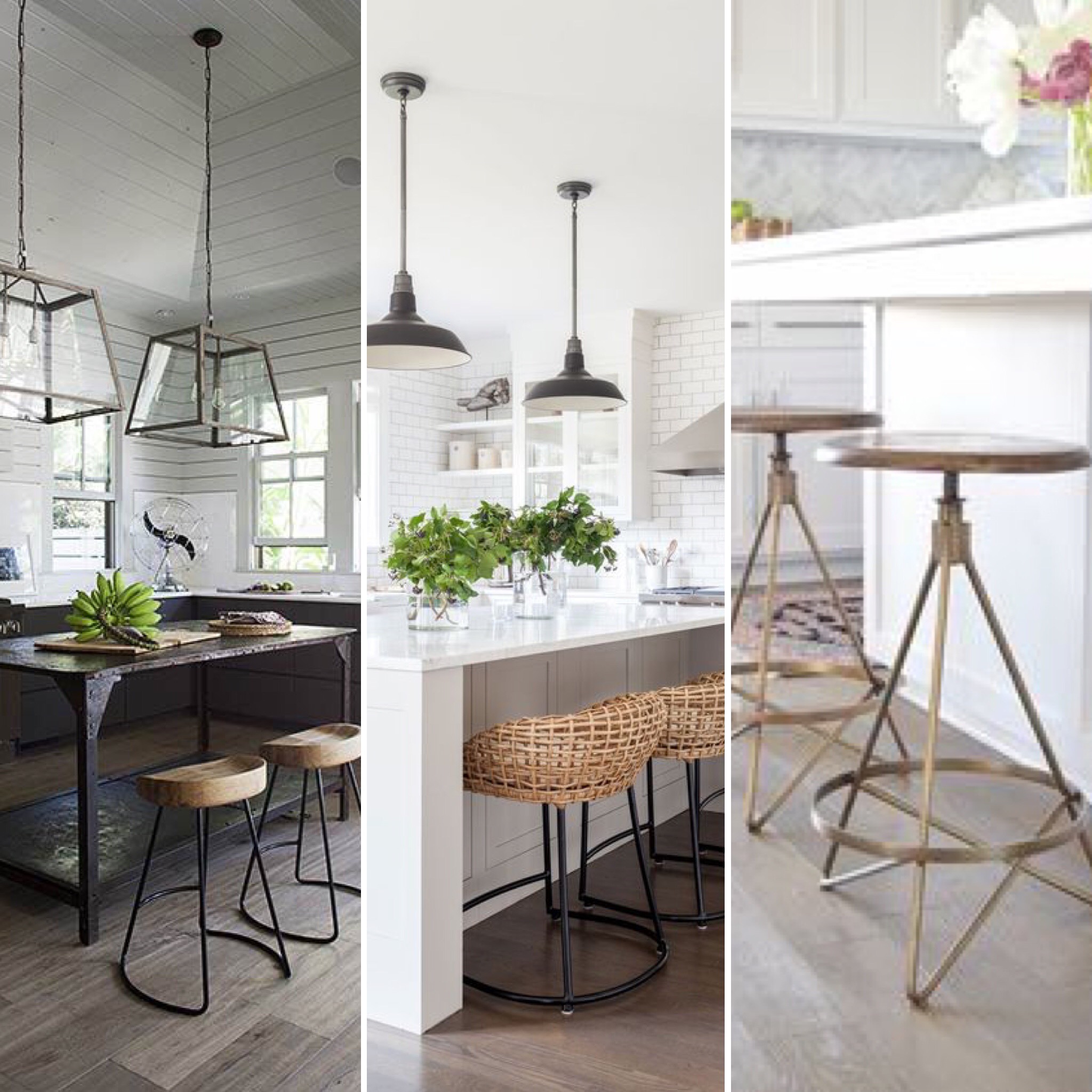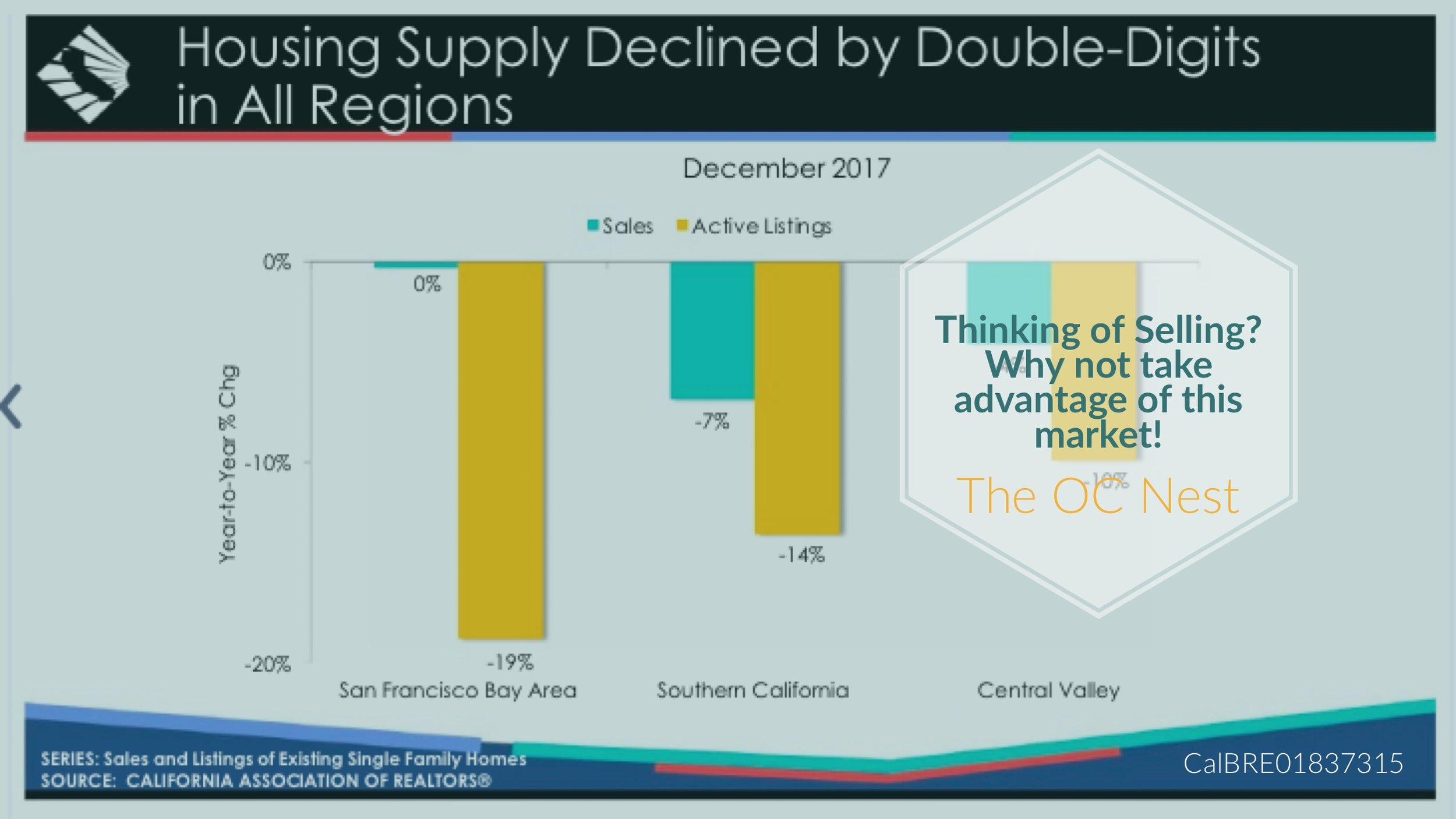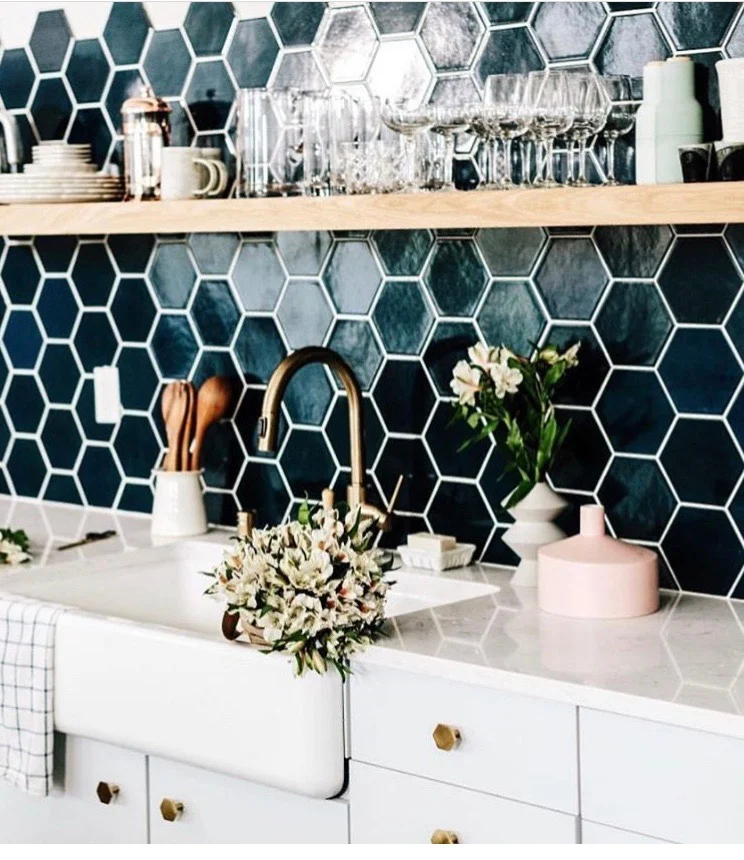FHA Loans Explained
/Navigating the world of home buying can be daunting, especially when it comes to understanding different mortgage options. Among the various choices, FHA loans stand out as a popular and accessible option for many first-time homebuyers. In this article, we'll dive deep into the essentials of FHA loans, offering you insights and guidance to make an informed decision. We've pulled together information from reliable sources, including the U.S. Department of Housing and Urban Development (HUD), to ensure you get the most accurate and up-to-date details.
Understanding FHA Loans
What is an FHA Loan? An FHA loan is a mortgage insured by the Federal Housing Administration, a division of the HUD. Designed primarily for first-time homebuyers and those with lower credit scores, FHA loans provide an opportunity to buy a home with a lower down payment and less stringent credit requirements compared to conventional loans.
FHA vs. Conventional Loans The main difference between FHA and conventional loans lies in the level of government backing. FHA loans are insured by the government, providing lenders with additional security and often leading to more favorable loan terms for borrowers. Conventional loans, on the other hand, are not government-insured and typically require higher credit scores and larger down payments.
Benefits of Choosing an FHA Loan
Lower Down Payments FHA loans are renowned for their low down payment requirement. As detailed on the HUD website, borrowers can make a down payment as low as 3.5% if they have a credit score of 580 or higher.
Credit Flexibility One of the key advantages of an FHA loan is its leniency towards credit scores. As per HUD guidelines, borrowers with scores as low as 500 may still qualify for an FHA loan, although this will necessitate a higher down payment. Generous Debt-to-Income Ratios FHA loans allow higher debt-to-income ratios compared to conventional loans. This means borrowers with higher monthly debt payments relative to their income might still qualify for an FHA loan.
Competitive Interest Rates FHA loans often come with competitive interest rates, particularly beneficial for borrowers with lower credit scores.
Eligibility Requirements for FHA Loans
Credit Score and Down Payment According to the FHA's official site, the minimum credit score for a 3.5% down payment is 580. For credit scores between 500 and 579, a 10% down payment is required.
Steady Income and Employment HUD guidelines emphasize the importance of a stable income and a consistent employment history for at least the past two years.
Primary Residence FHA loans are intended for primary residences only, ensuring that the borrower will live in the home they're financing.
Mortgage Insurance Borrowers must pay for mortgage insurance to protect the lender in case of default. This includes both an upfront premium and an annual premium.
Navigating the FHA Loan Application Process
Finding an FHA-Approved Lender The first step is to find a lender who is approved to offer FHA loans. The HUD website provides a list of approved lenders.
Pre-Approval Obtaining pre-approval for an FHA loan is a crucial step. This not only gives you an idea of what you can afford but also strengthens your position when making an offer on a home.
Documentation and Application Be prepared with all necessary documentation, including income verification, credit history, and employment verification, as outlined on the FHA's checklist.
Property Requirements The property you're interested in must meet certain safety, security, and structural integrity standards as specified by the FHA.
Conclusion FHA loans offer a gateway to homeownership for many who might find it challenging to meet the requirements of conventional mortgages. With lower down payments, more lenient credit requirements, and competitive interest rates, FHA loans can be a practical and attainable option for many prospective homeowners. Remember to visit the HUD website for the most current information and guidelines.
























